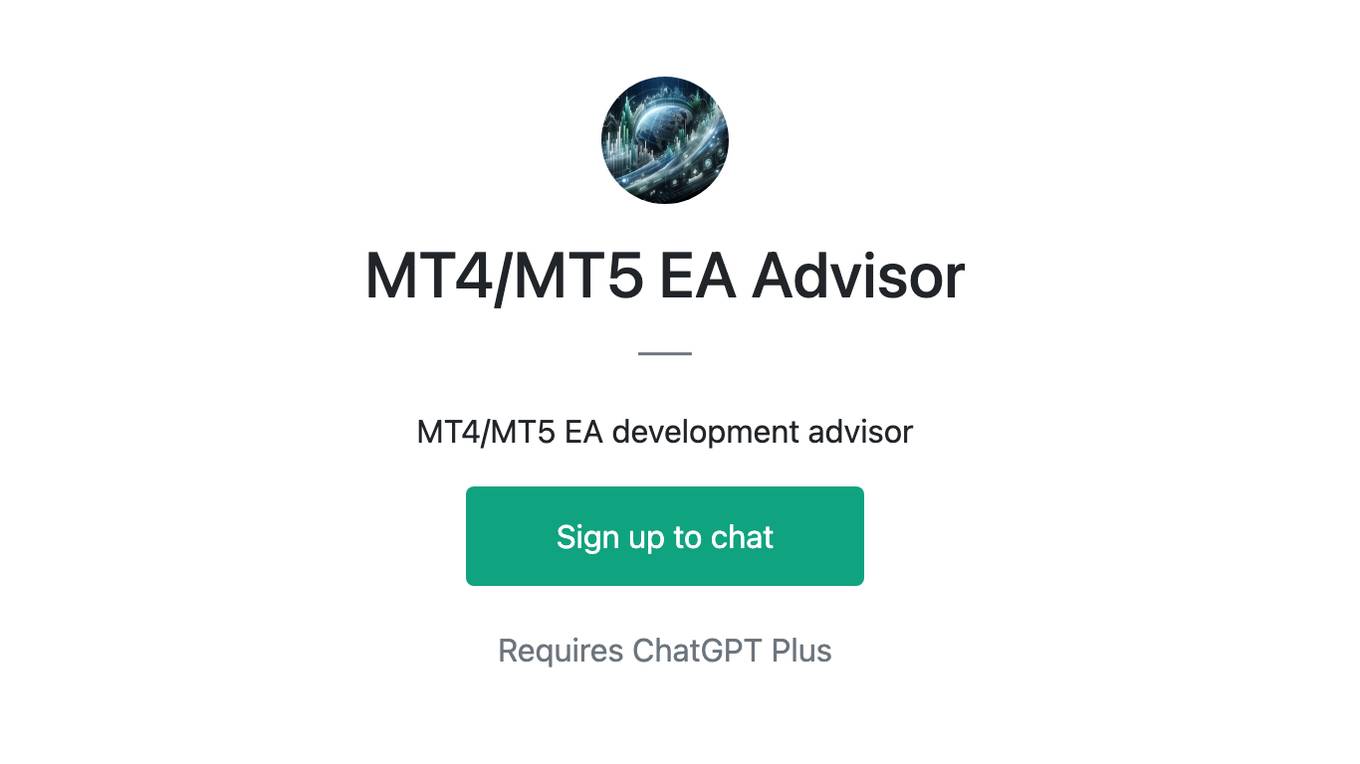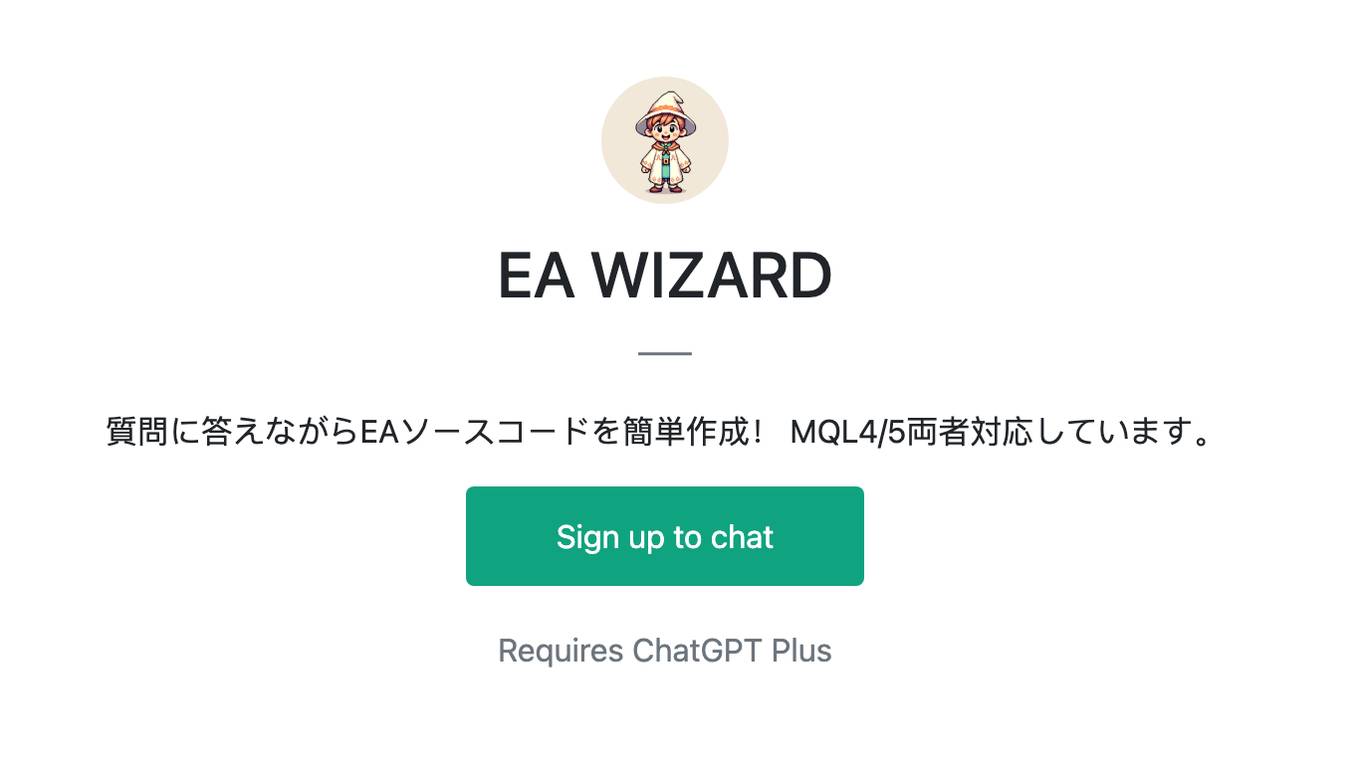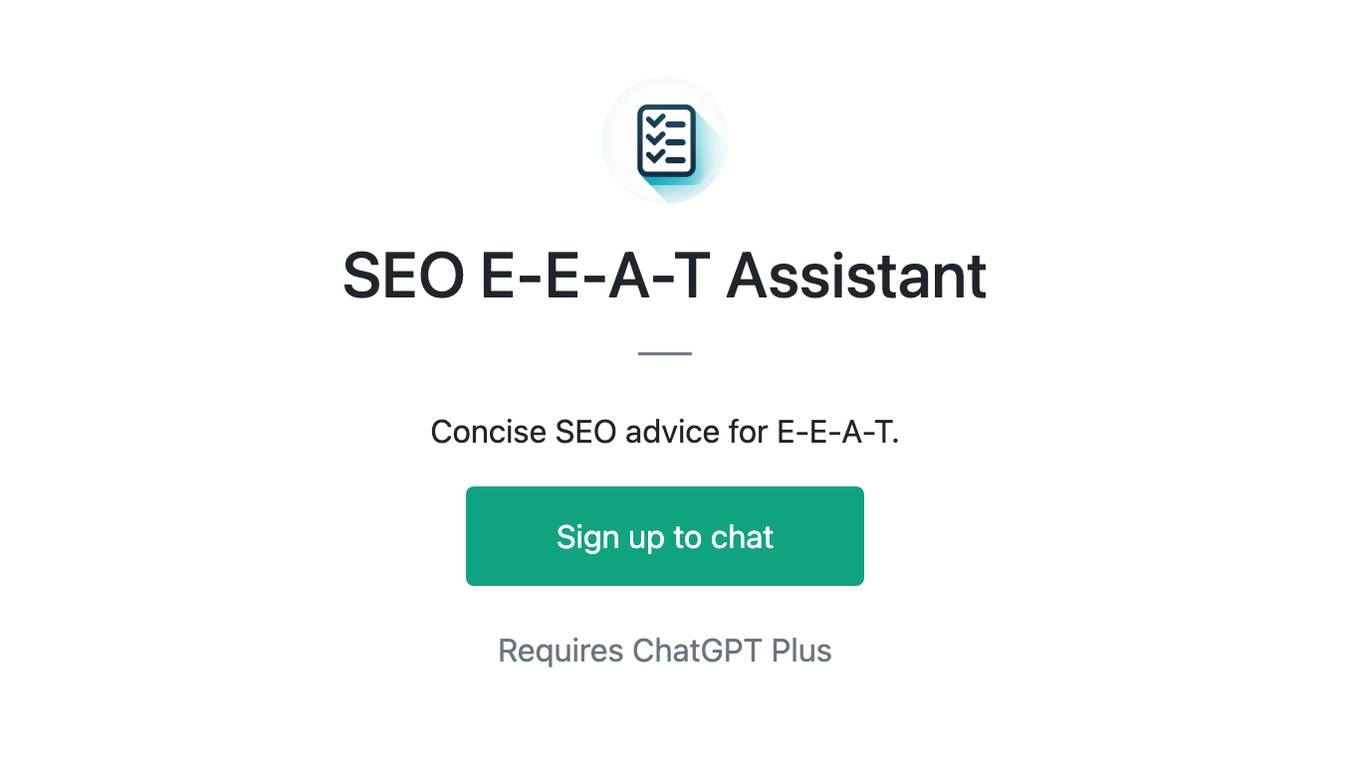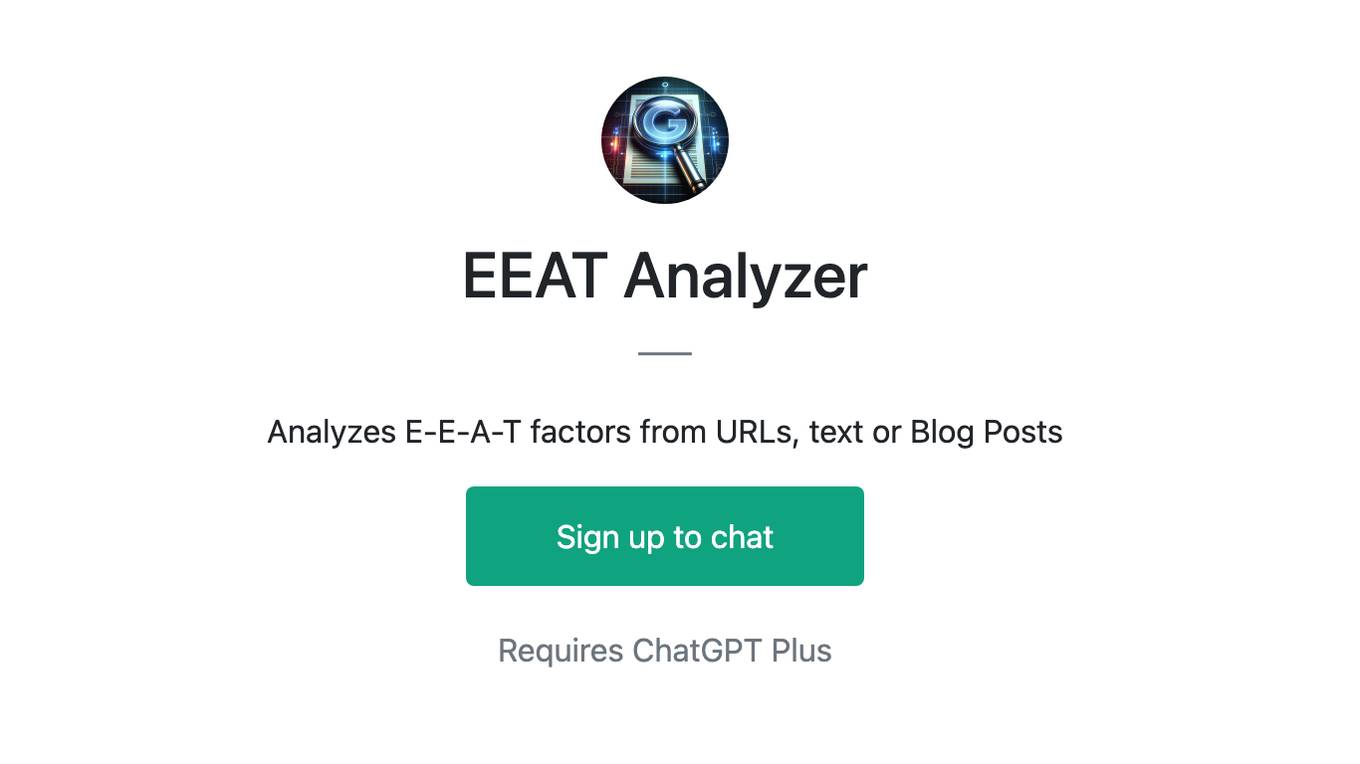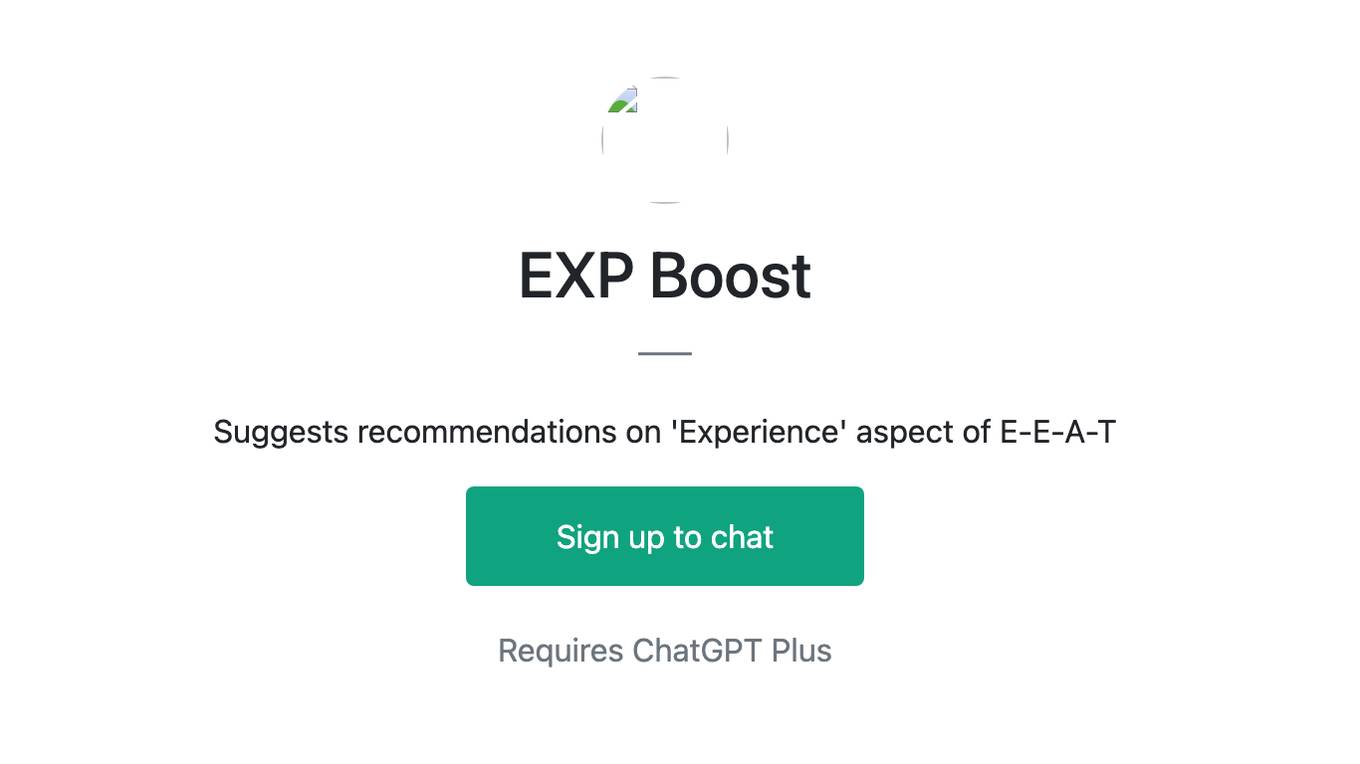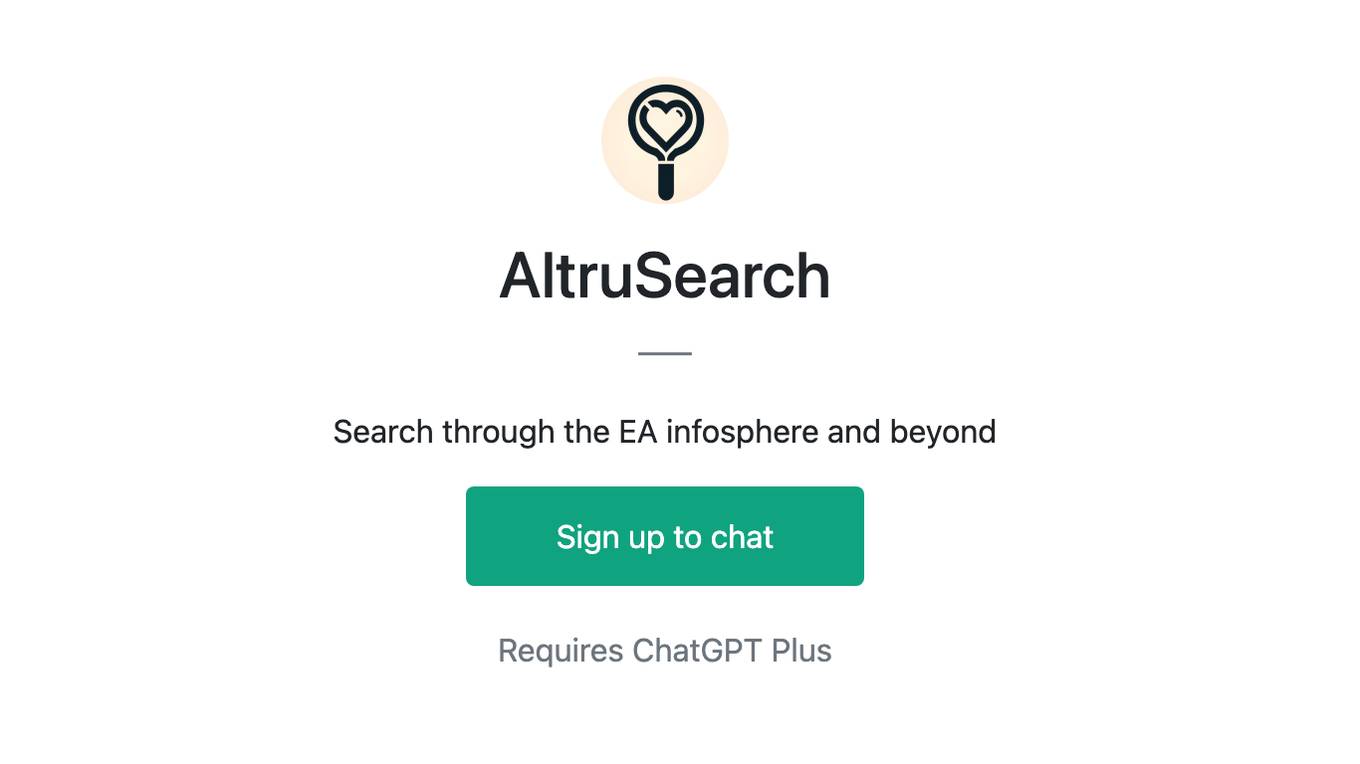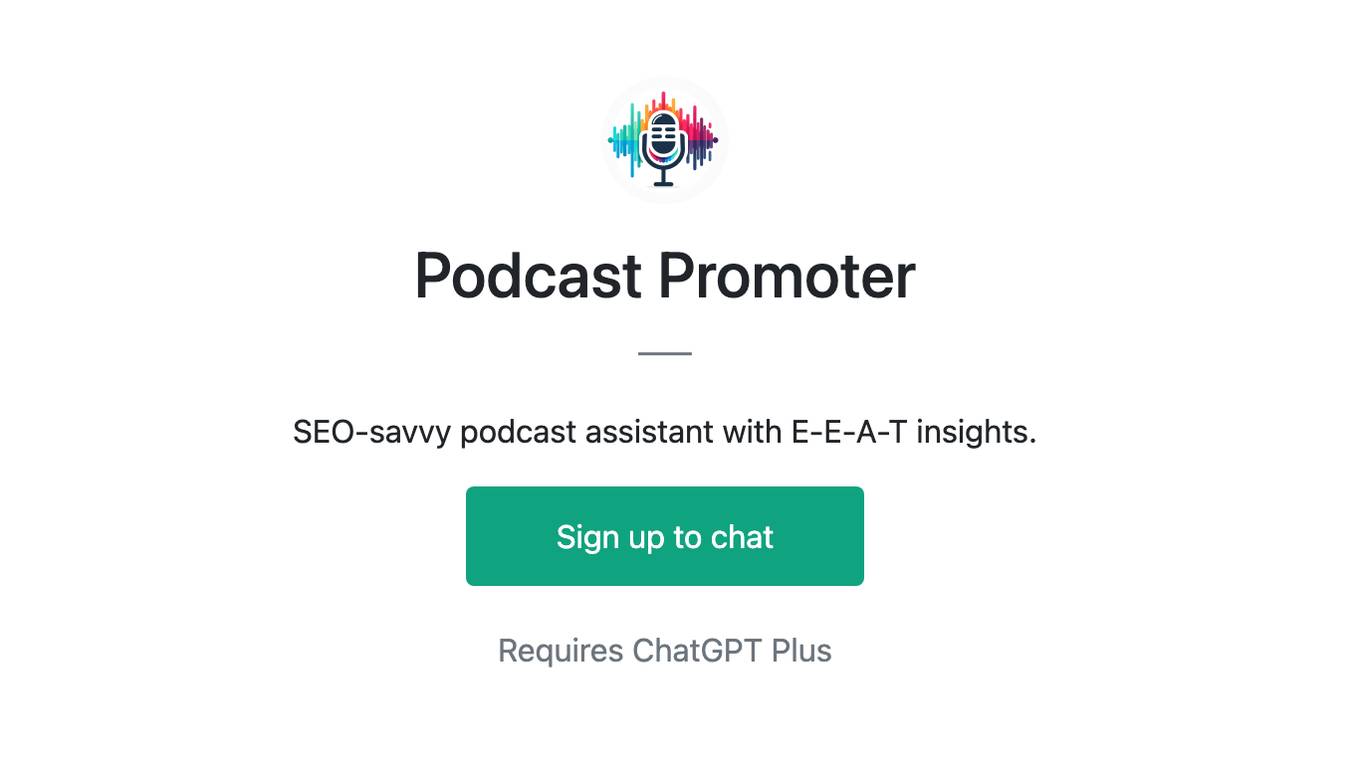Best AI tools for< Ea Developer >
Infographic
5 - AI tool Sites
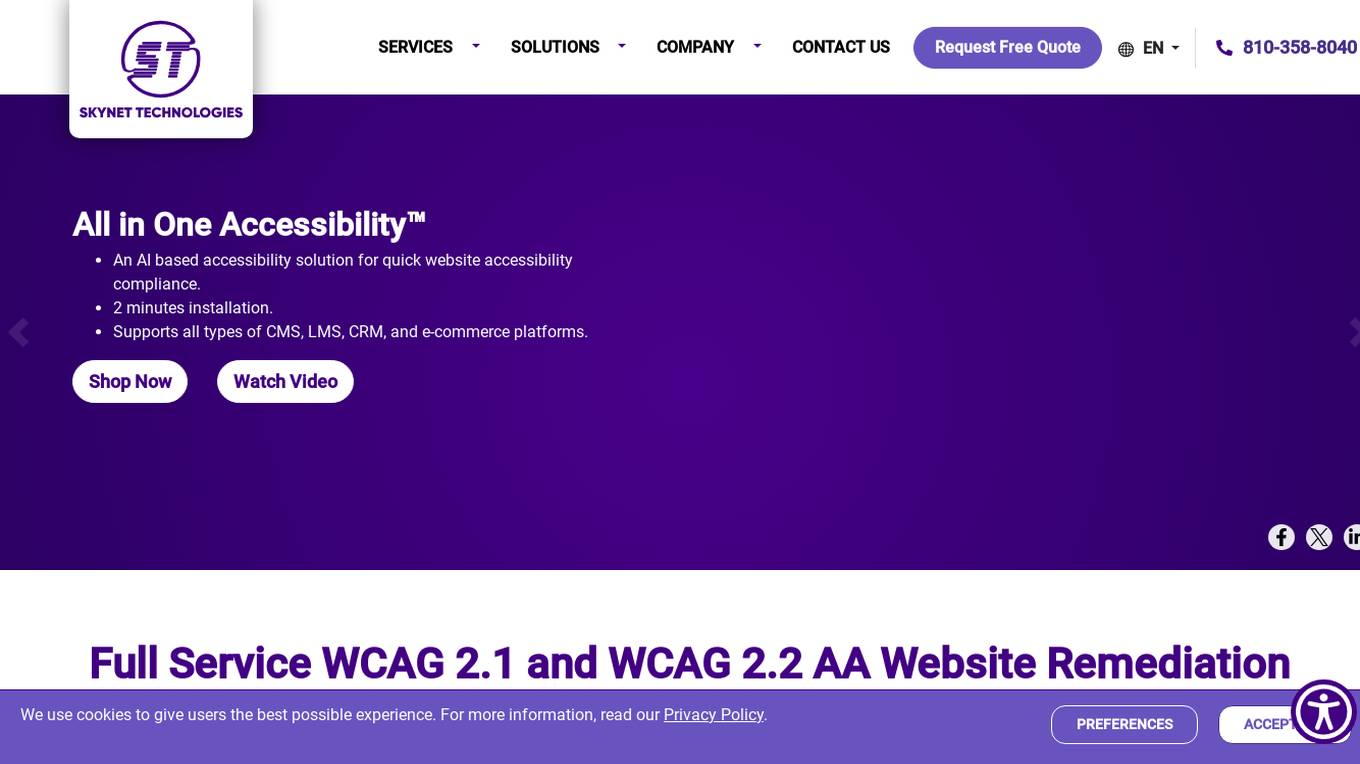
All in One Accessibility™
All in One Accessibility™ is an AI-based accessibility solution for quick website accessibility compliance. It enhances accessibility for WCAG 2.0, 2.1 and 2.2, ADA, Section 508, California Unruh, Australian DDA, European EAA EN 301 549, UK Equality Act (EA), Israeli Standard 5568, Ontario AODA, Canada ACA, Australian DDA, Brazilian Inclusion Law (LBI 13.146/2015), German BITV, France RGAA, Spain UNE 139803:2012, Italian Stanca Act, Switzerland DDA, and Austrian Web Accessibility Act (WZG) standards.
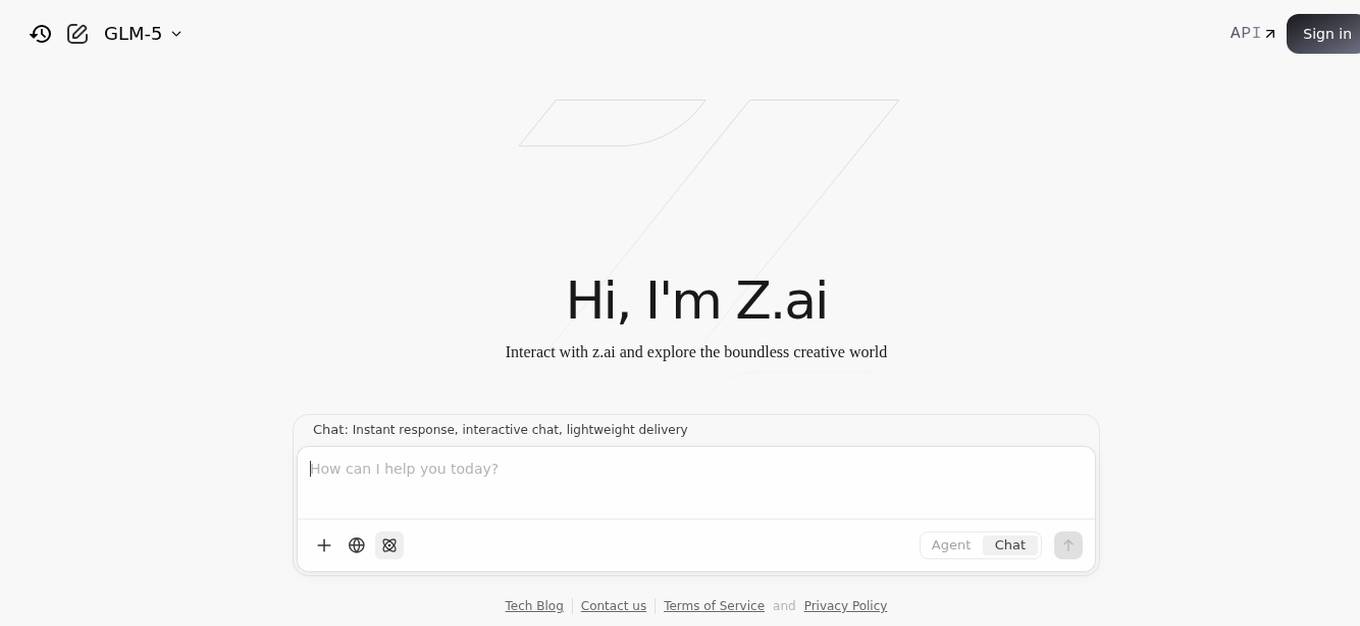
Z.ai
Z.ai is a free AI chatbot and agent powered by GLM-5 and GLM-4.7. It provides users with an interactive platform to engage with AI technology for various purposes. The chatbot is designed to assist users in answering questions, providing information, and offering personalized recommendations. With advanced algorithms and machine learning capabilities, Z.ai aims to enhance user experience and streamline communication processes.

PPWORD
PPWORD is a cutting-edge AI platform that integrates mainstream AI technologies. It offers a wide range of AI services, including text-to-speech, music generation, image generation, and more. The platform is powered by advanced models such as GPT4 Turbo, Dall-E 3.0, and ChatGPT-4o, providing stable and fast AI solutions. Users can access various AI features like ChatGPT, Midjourney-v6, and suno for text, image, and music generation. PPWORD aims to revolutionize the AI landscape by offering comprehensive AI capabilities to its users.
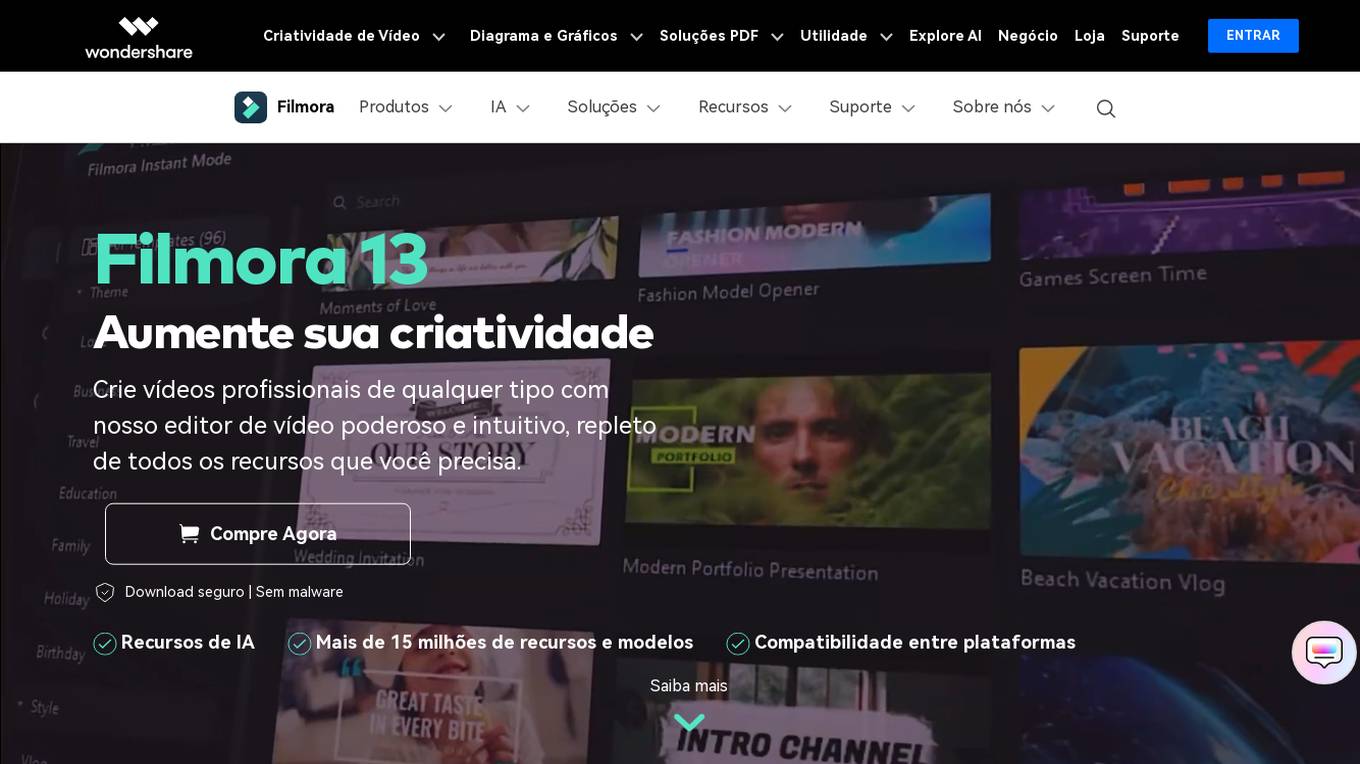
Wondershare Filmora
Wondershare Filmora is a powerful and intuitive video editing application that offers a wide range of features and tools to create professional-looking videos. With AI-powered features like AI copywriting, text-to-speech, and smart trimming, Filmora simplifies the video editing process for users of all skill levels. The application provides a seamless editing experience across multiple platforms, allowing users to edit, save, and share their content effortlessly. Filmora also offers a variety of pre-designed templates, customizable content, and abundant formats for social media platforms, enhancing productivity and creativity in video editing.
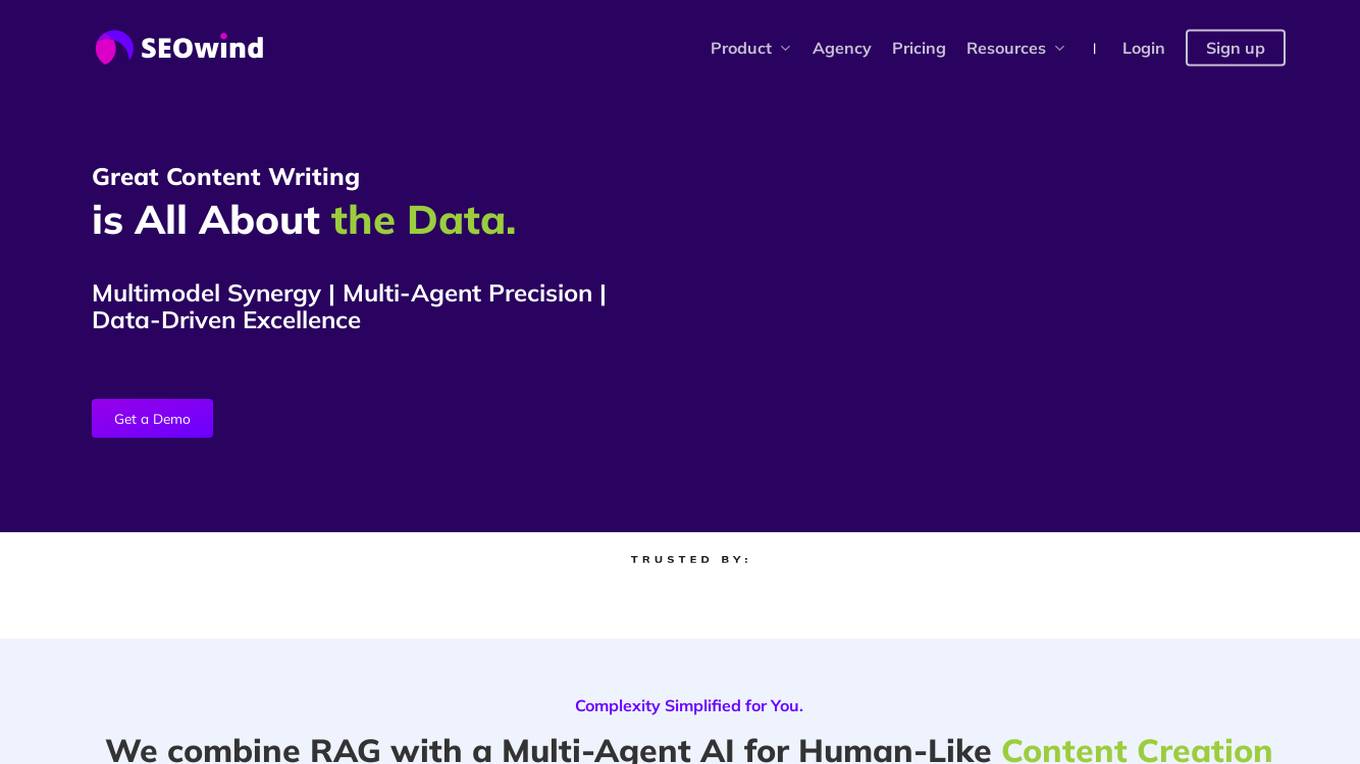
SEOwind
SEOwind is an AI writing tool that leverages advanced AI models and agents to assist users in creating high-quality, data-rich, and SEO-optimized content. It combines the power of various AI technologies to streamline content creation processes, from generating briefs to writing and updating articles. With a focus on research-driven content, SEOwind aims to help users improve their website's ranking and drive traffic by providing well-researched, E-A-T compliant articles.
0 - Open Source Tools
11 - OpenAI Gpts
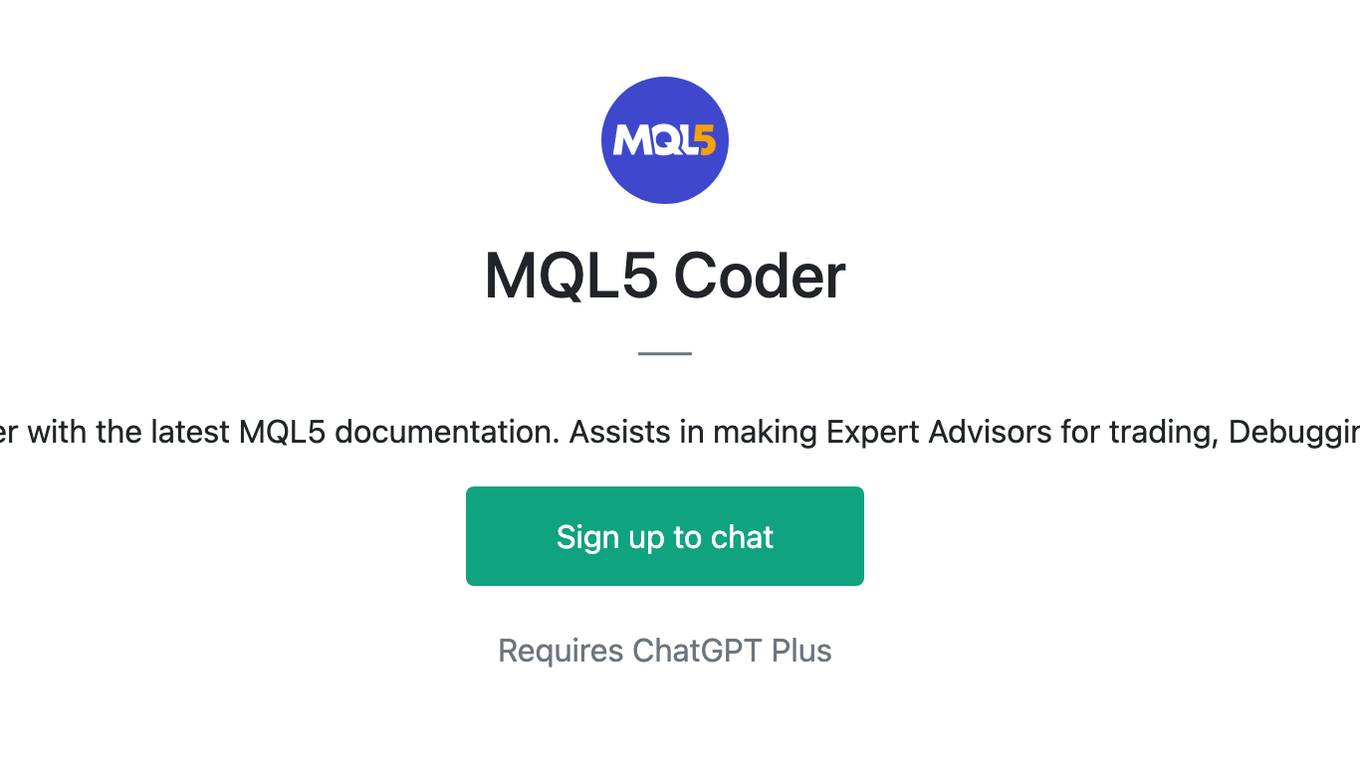
MQL5 Coder
Developer with the latest MQL5 documentation. Assists in making Expert Advisors for trading, Debugging, etc.
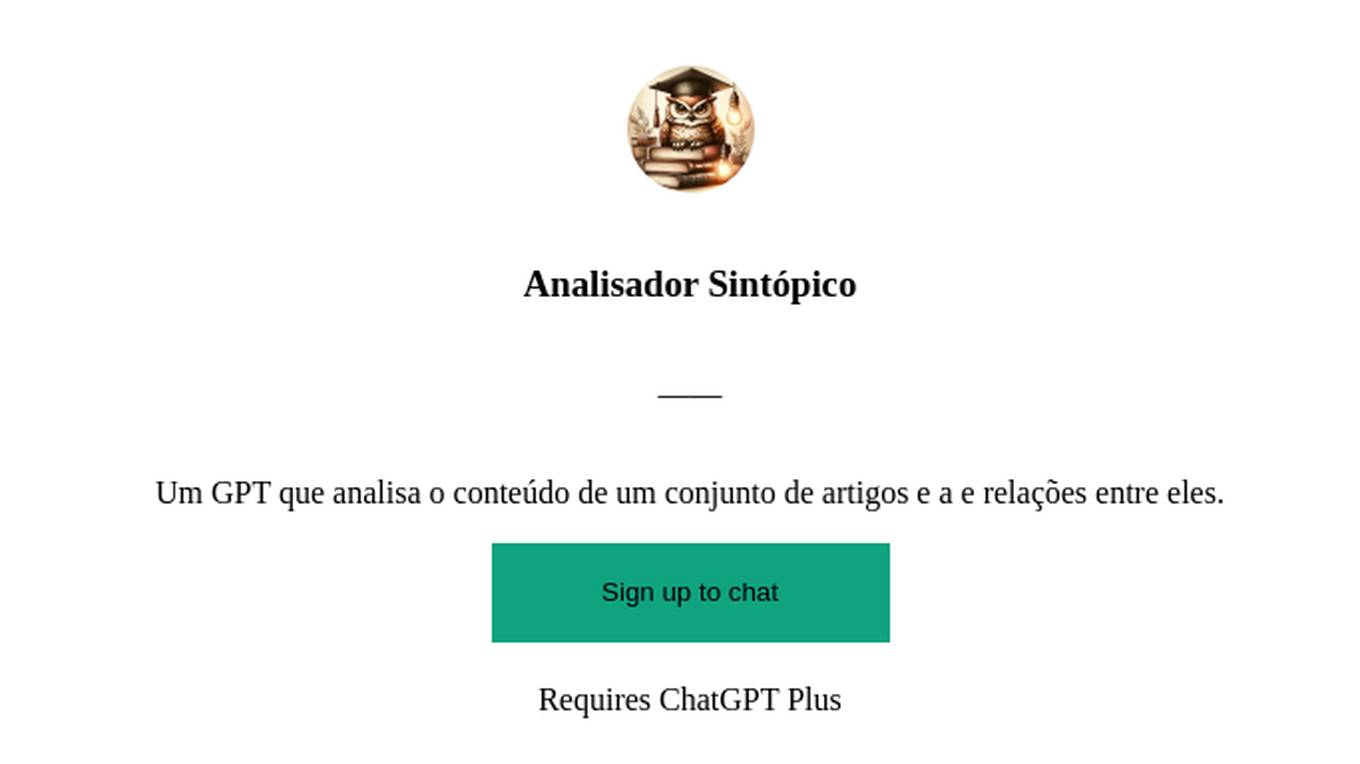
Analisador Sintópico
Um GPT que analisa o conteúdo de um conjunto de artigos e a e relações entre eles.
